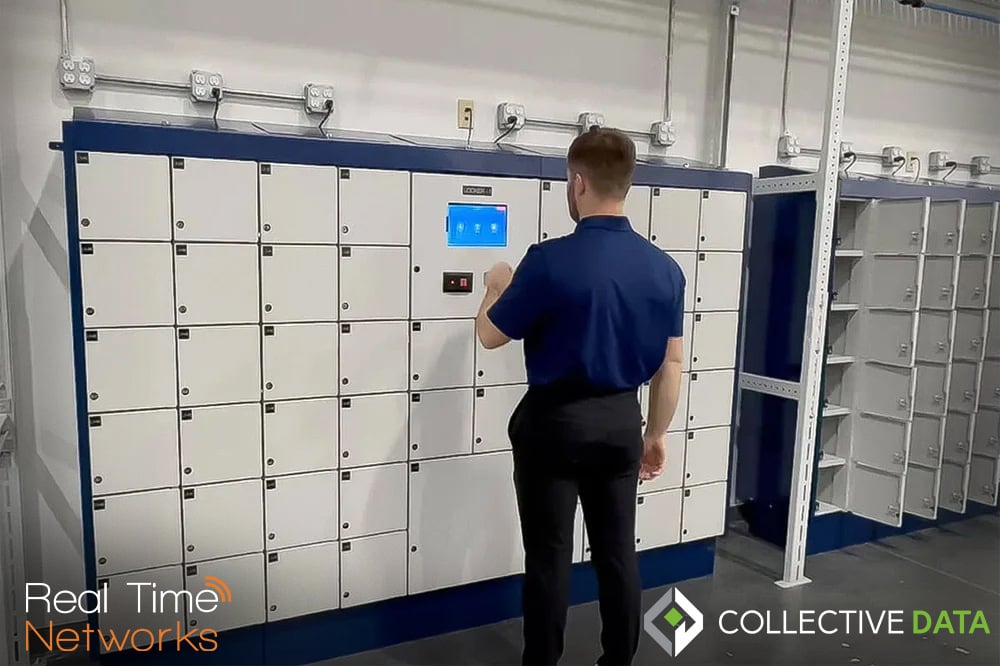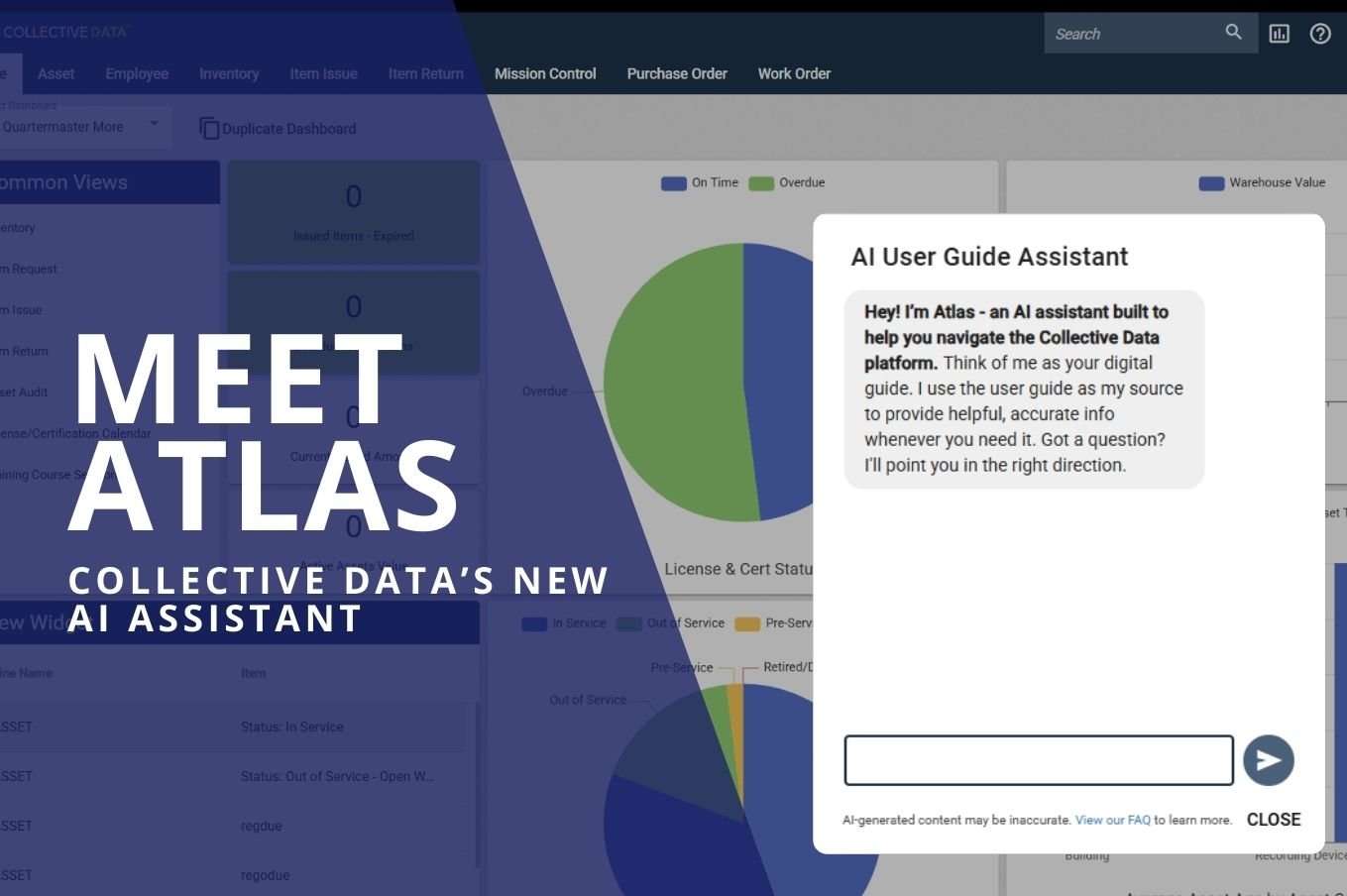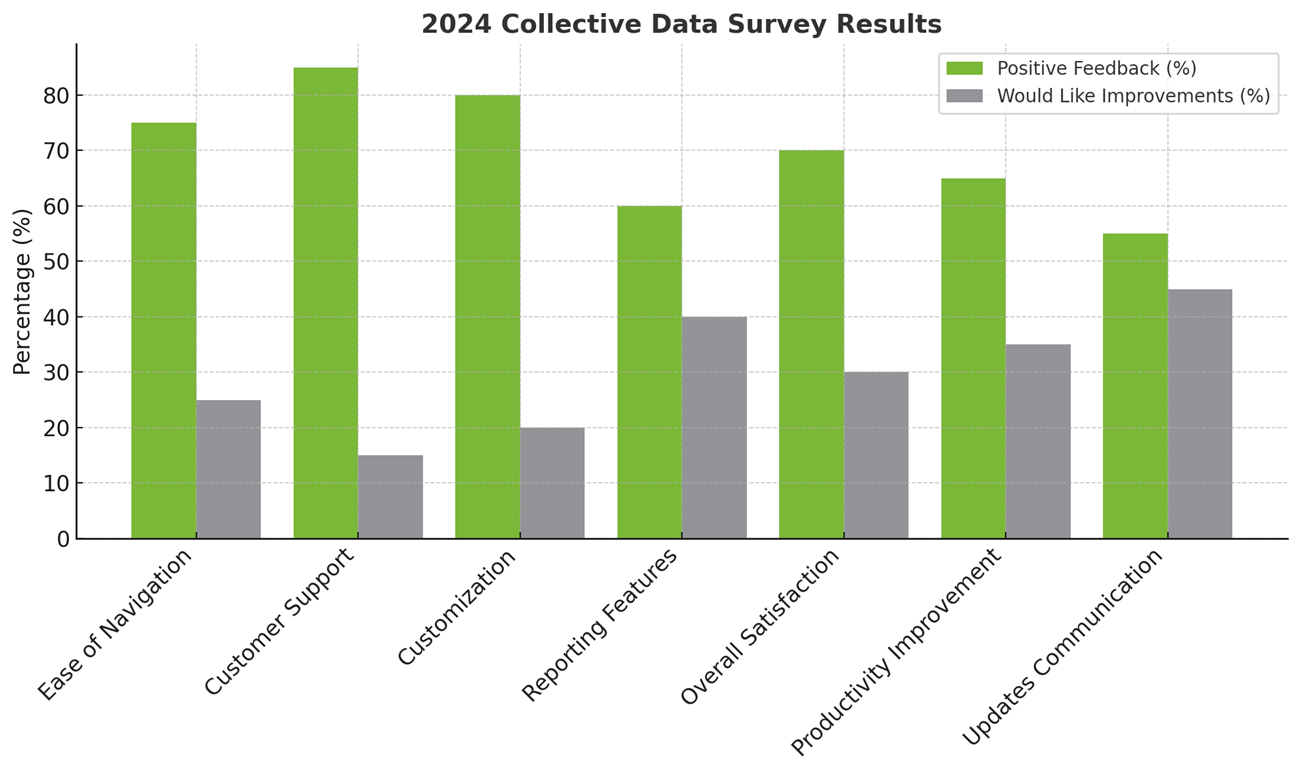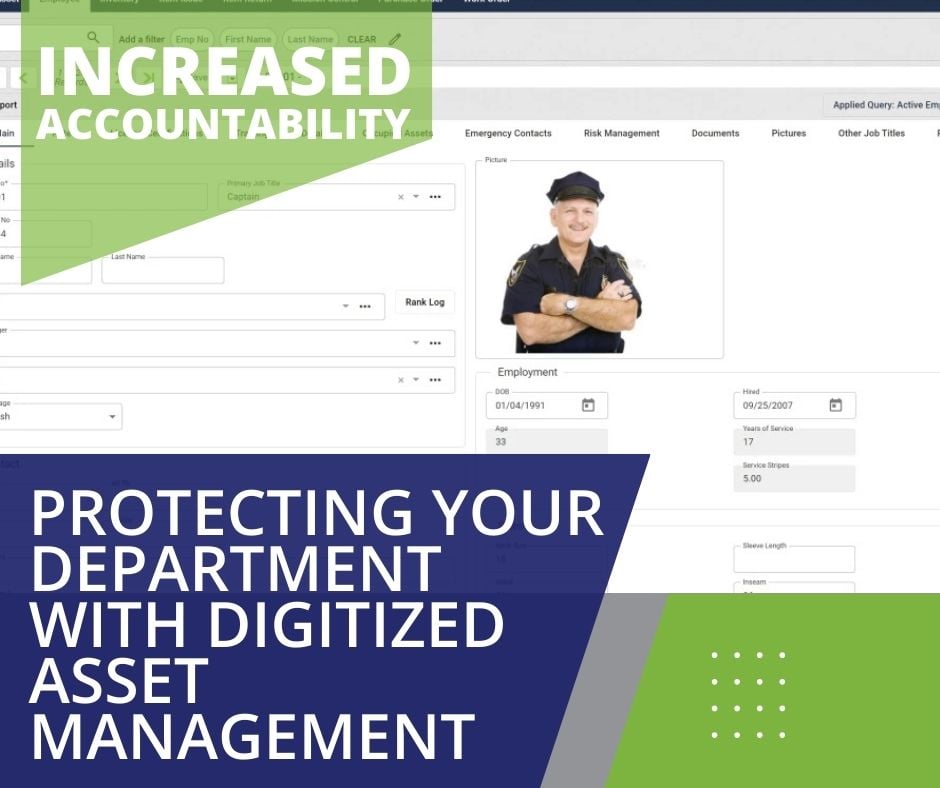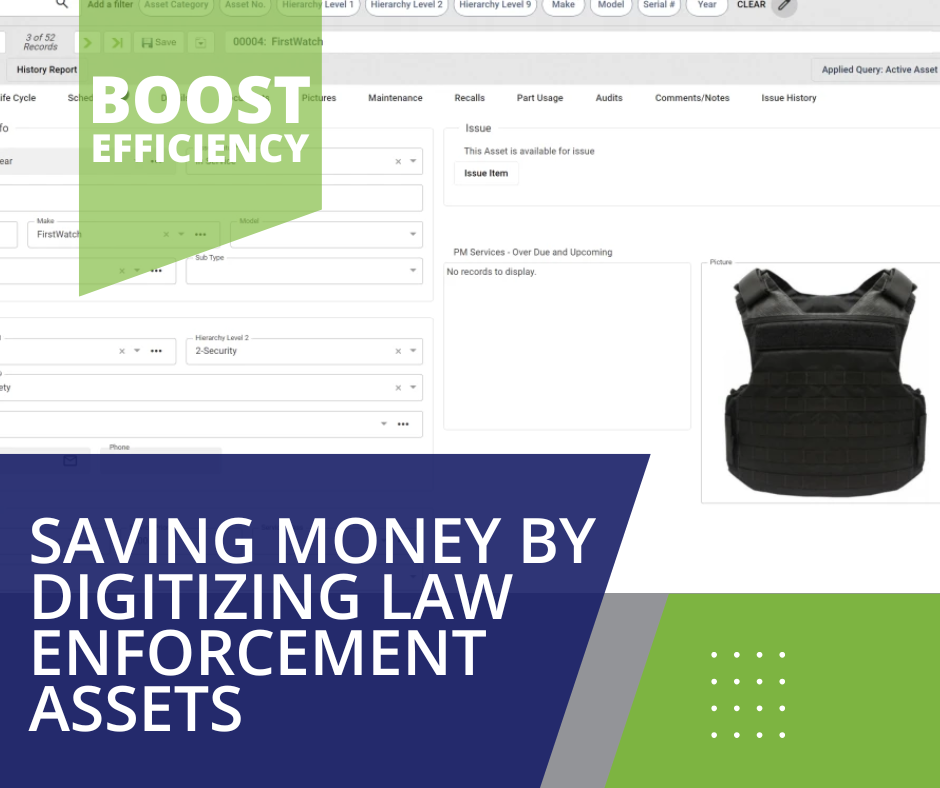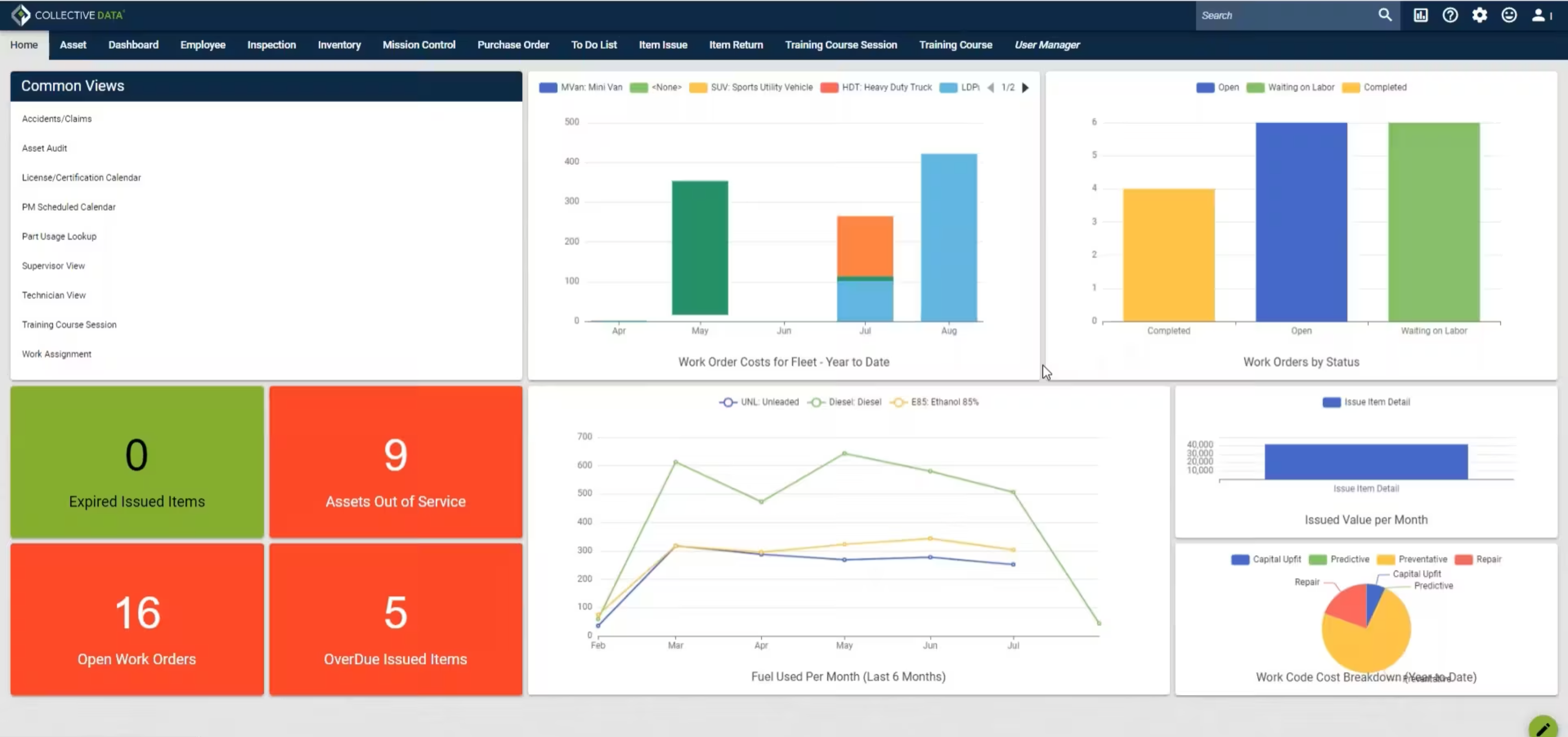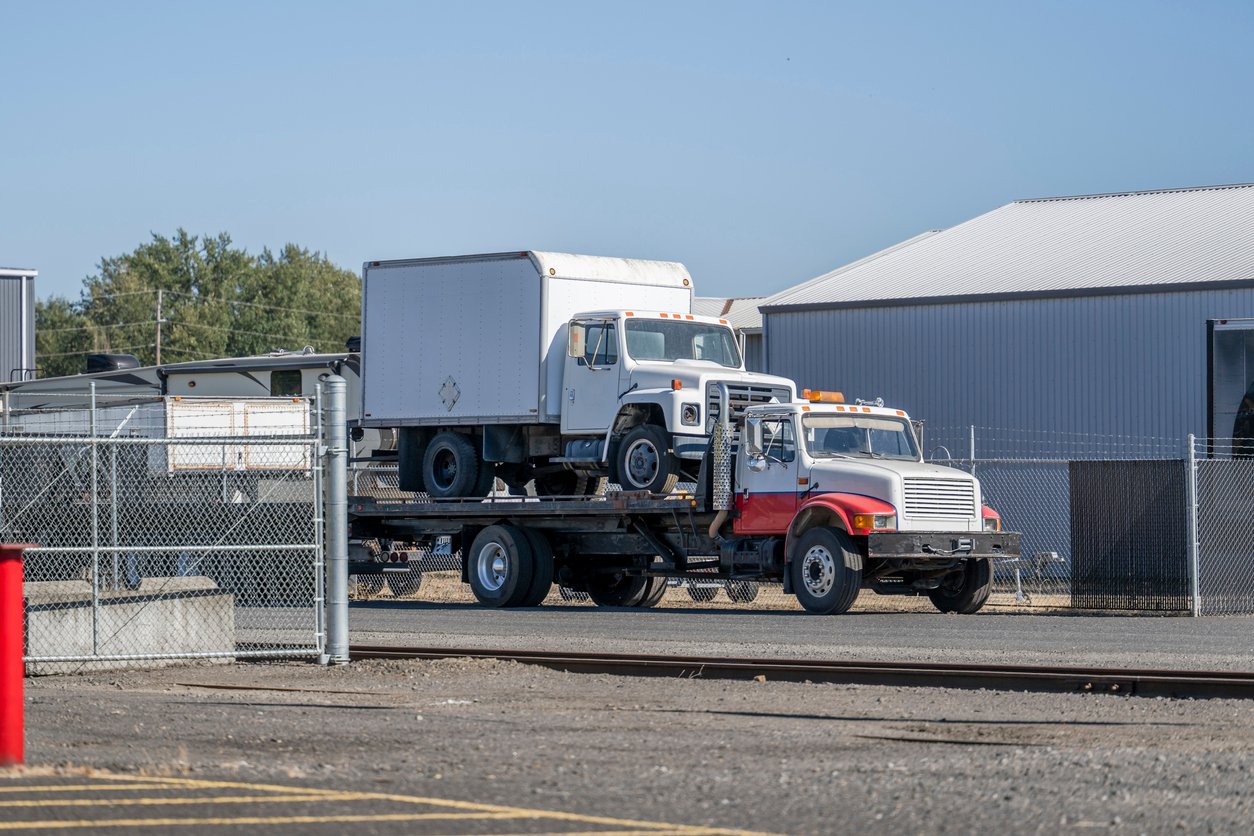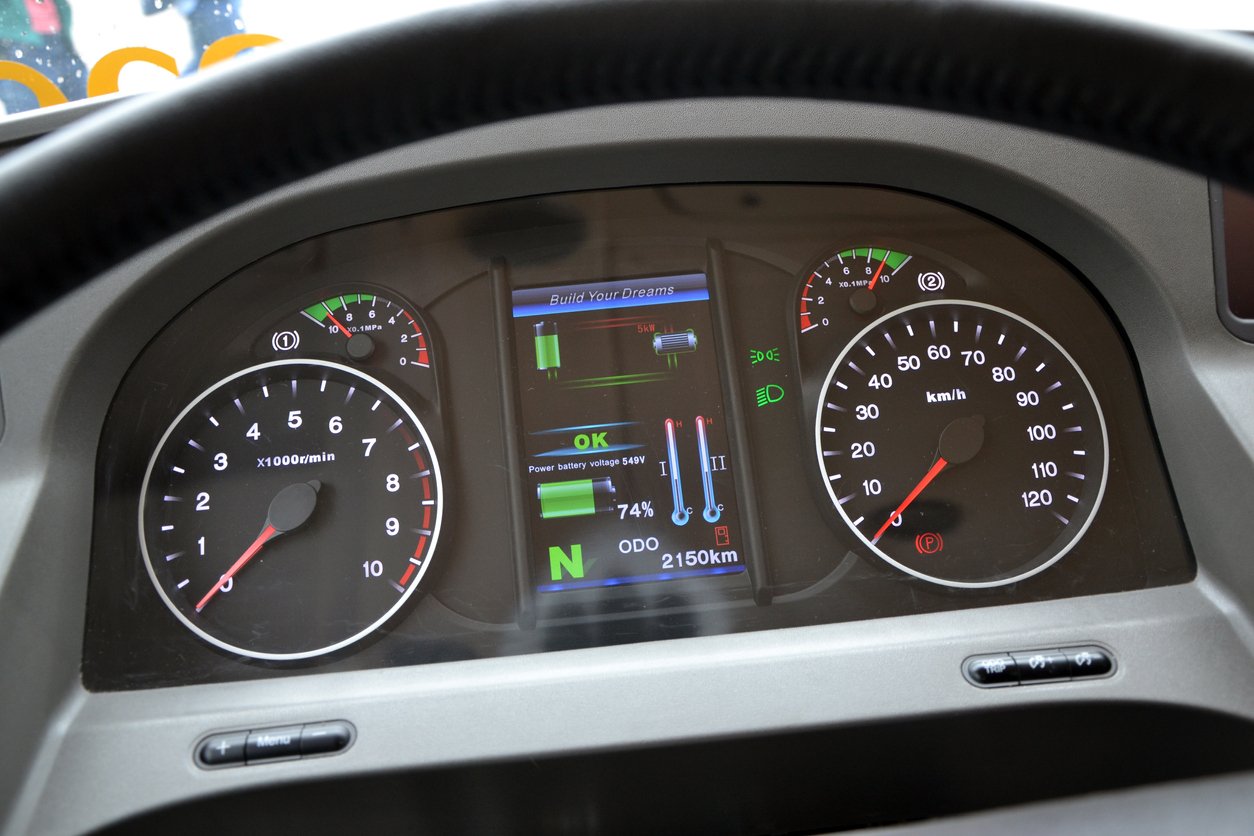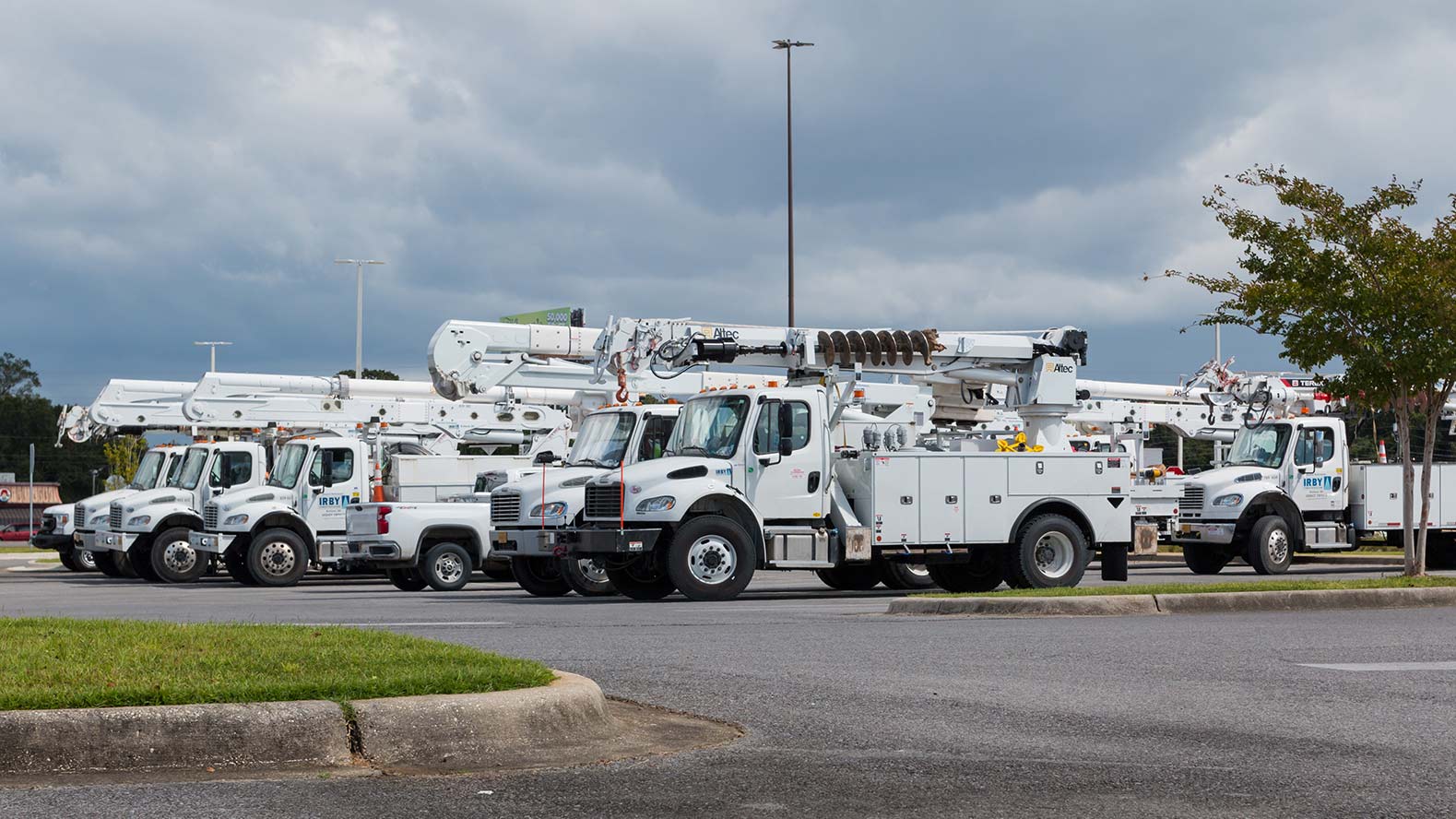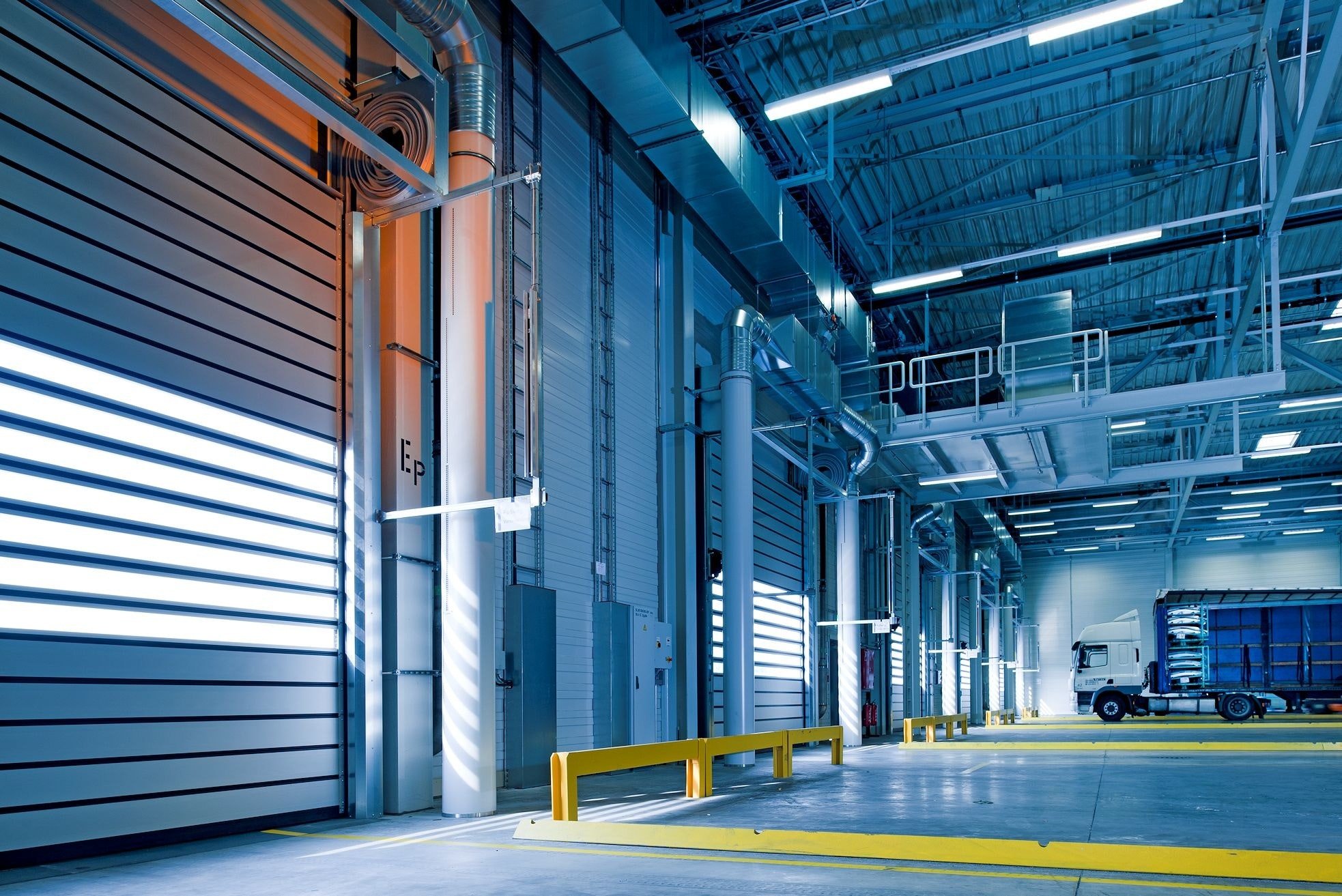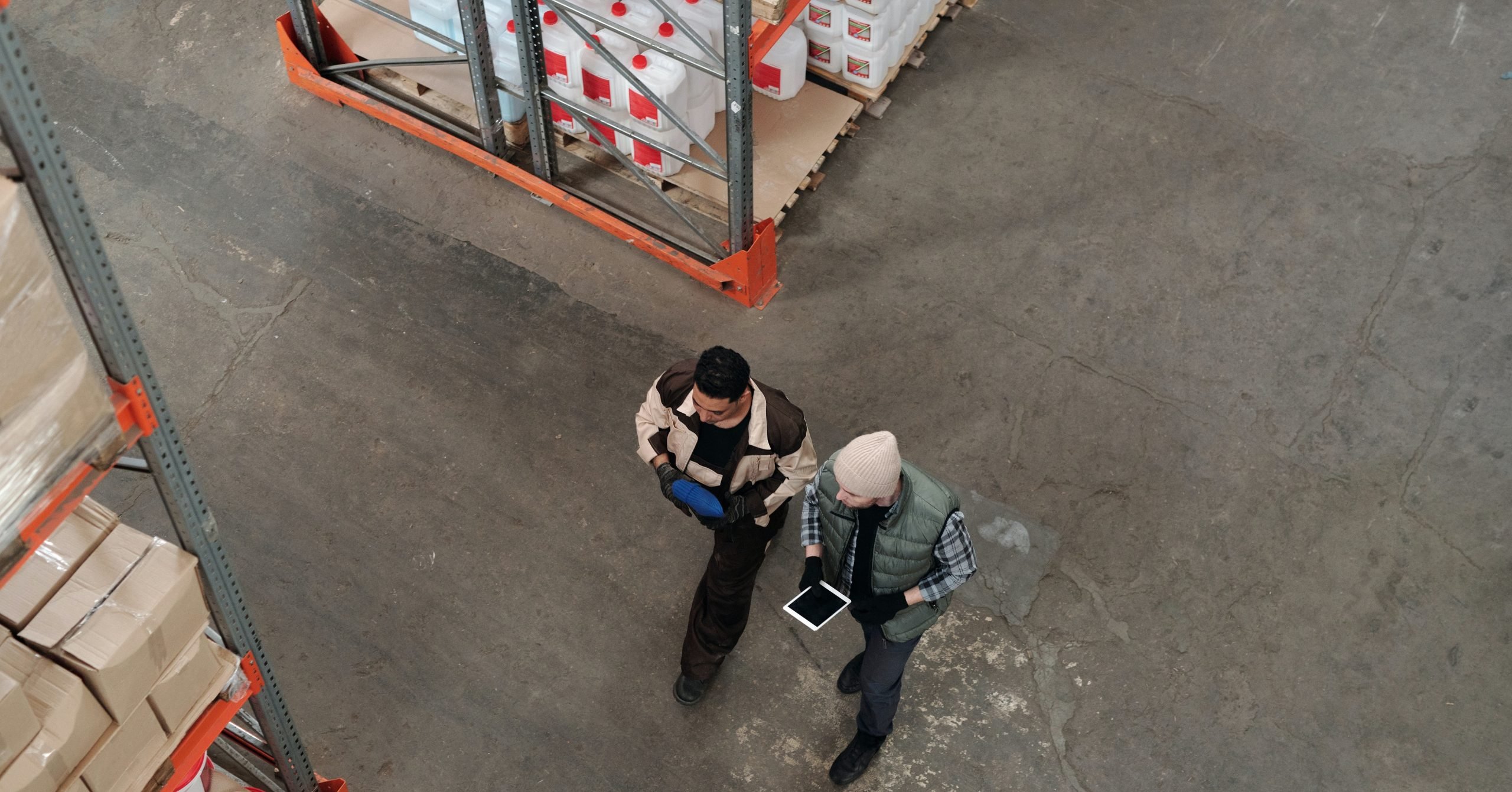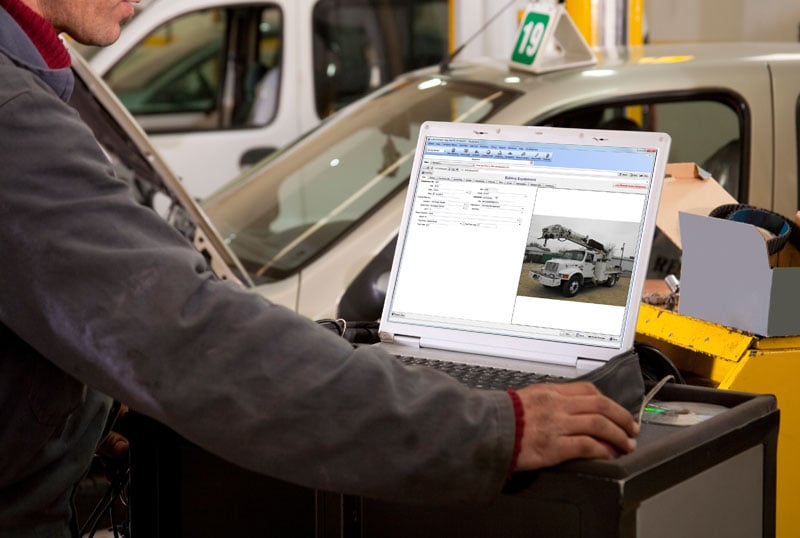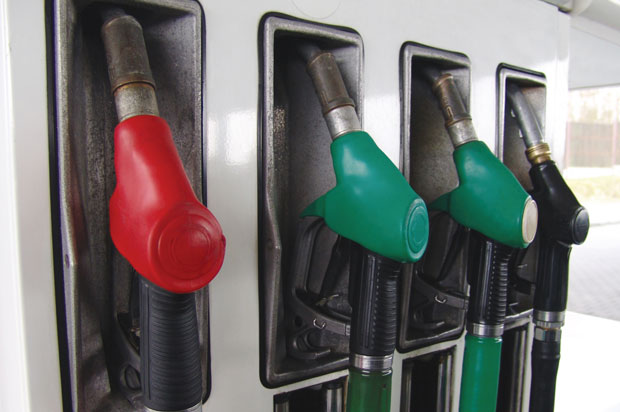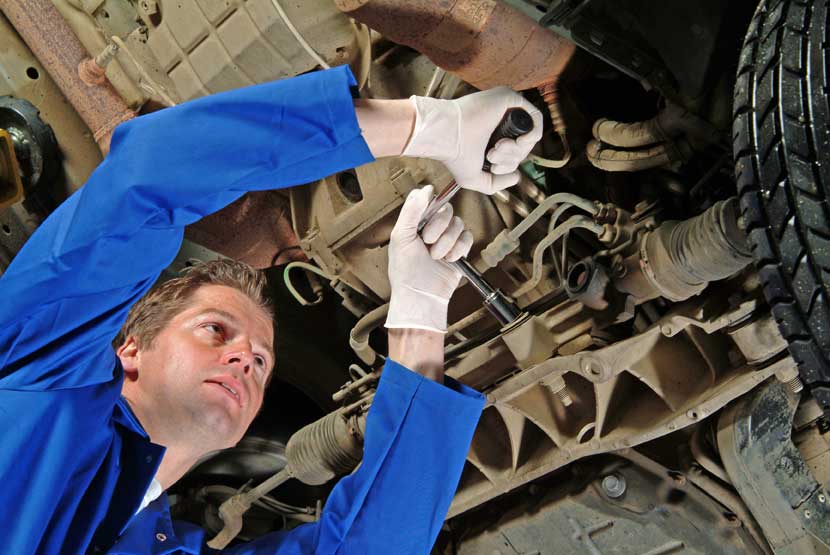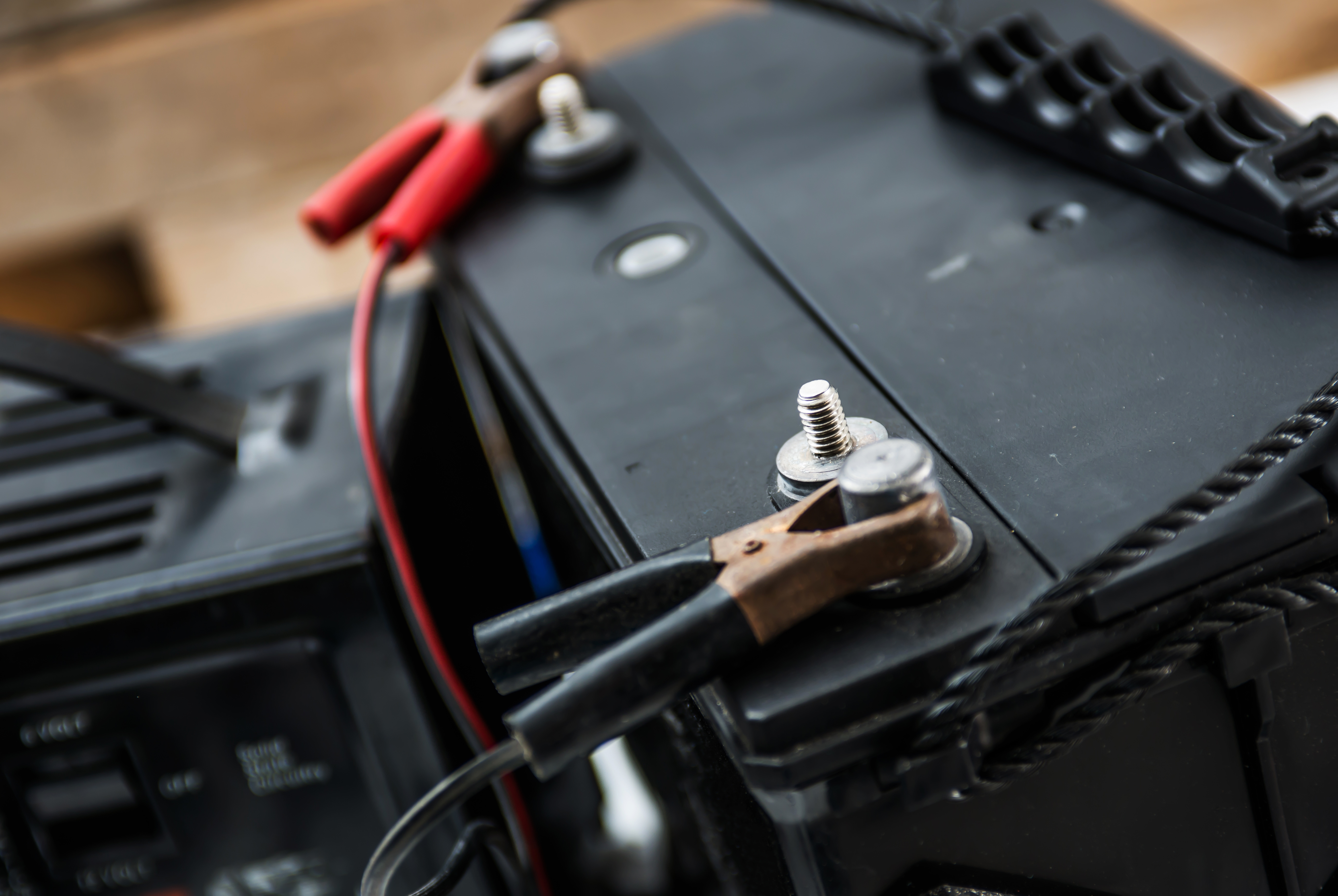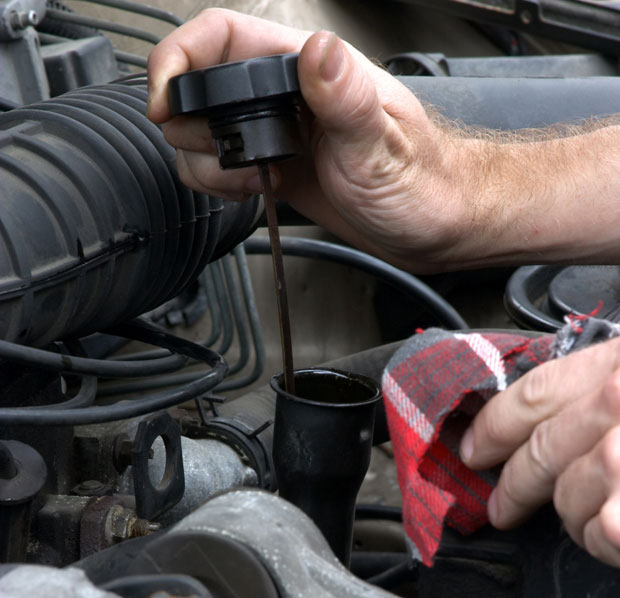It seems like common sense to drive fleet vehicles if possible before replacement. But for business managers and owners, vehicles are more than just transportation. They are the face and body of the company – the image and its functionality.
Many businesses rely on vehicles for advertising or image, in addition to producing revenue. Whether you have a fleet of sports cars, a handful of vans, or a few tractors, you need to know when it is time to stop throwing away money on repairs and simply replace the vehicle.
Here are some things to consider when deciding if it is time to replace your fleet vehicle:
Safety First
The most important thing that should be considered is the safety of the vehicle. Sharing the road with the public is something that should be taken seriously by all. It’s not enough to simply throw some new tires on a vehicle and call it safe. Your vehicles should undergo a full, comprehensive inspection at regular intervals, with frequency depending on the vehicle’s use. Obviously, the older and more often a vehicle is used, the more frequently you should schedule preventative maintenance and inspections.
Drivers are the first defense when it comes to vehicle safety. Each driver should do a brief inspection before every use of the vehicle and report any unusual occurrences or symptoms to those who oversee / manage the fleet. If the driver is concerned about the safety of a vehicle, it should be pulled off the road and inspected immediately.
Is It Worth It?
Due to cost, business managers and owners want to avoid new vehicle purchasing, if possible. But, sometimes it’s worth it. If repair expenses and downtime are costing the company more than the payment for a new vehicle, it might make more financial sense to stop repairing the vehicle and replace it.
The best way to determine whether repairs are costing more than a new vehicle is to look back at history and then forward focus toward the future. If you have fleet management software, it should be as easy as generating a repair report. If your records are maintained on paper or spreadsheets, the process may take even longer.
Evaluate your repair records and add up the expense. Don’t forget to factor in the cost of having the vehicle in the shop. Estimate future repairs, based on past and general maintenance for the type and age of vehicle. And, then compare the cost of keeping that vehicle on the road alongside the expense of purchasing new.
There are other costs your old fleet vehicles may be incurring without you realizing it. If they are looking run-down and in poor repair, they might be portraying an image that is less then complimentary to your business. In fact, you may be losing customers to your competition if your fleet doesn’t contain shiny and new vehicles.
Look to The Future
Staying one step ahead of problems and expenses will always pay off. When evaluating your fleet options, keep an eye on the future. Although you cannot predict every breakdown and accident, you can often forecast some high dollar repairs based on the life of parts of vehicles.
Armed with fleet management software, you should be able to complete an analysis. If you are keeping your records on paper or spreadsheets, of course your analysis will have to be completed manually. When you factor in the life span of an engine, transmission, and other large repairs that will inevitably come over time, accelerate the life of a vehicle that handles a rough job or is used more frequently than normal wear and tear, future predictions are often estimates and guesses, but can be improved using asset management software.
Consider how your business will be changing over time. Do you plan to grow the business or go in a new direction to expand your customer base? These are all important factors to consider when deciding how to move forward with either repairing or replacing fleet vehicles. Your business needs will likely change over time in response to market and customer demands and intuitive tools will make your decision-making more predictable.
Rebates and Incentives
Also consider when it comes to the replacement of your fleet vehicles is whether you can get a rebate or incentive for the purchase. Depending on the state your business is located and the industry you are in, there may be funds available through programs designed to help the environment, as well as your specific business or size. Consider dealer and insurance incentives as additional avenues toward funding options.
Your fleet isn’t getting any younger. Now is the time to evaluate the right path for your business. Run the reports and research the data. It is time to know whether you need to repair or replace your fleet vehicles. Interested in learning more about how Asset Replacement can help your company – click here.
Our Asset Replacement module was developed with APWA standards, but leaves enough room to configure it to your organizations unique needs.



